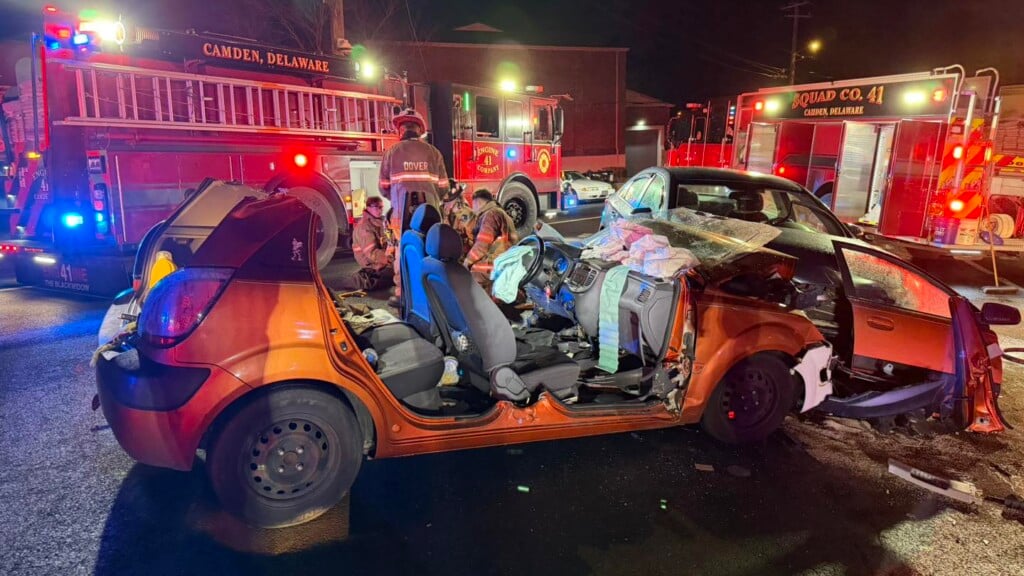Hurricane season starts Saturday: What to know
DELMARVA – Saturday marks the start of June, and the beginning of hurricane season.
No Strangers to Storms
East Coast-ers are no strangers to the strong storms, but emergency management officials say you shouldn’t let your guard down this year. The National Oceanic an Atmospheric Administration predicts that this year’s hurricane season, which ends around November, could be much more active than in years pat.
Director of the Delaware Emergency Management Agency (DEMA), AJ Schall, says activity in the Atlantic Ocean tends to flare up towards the end of hurricane season.
“In years past, we’ve seen that kind of creep up earlier and earlier with water temperatures getting warmer, which is good for beachgoers, but bad for the development of tropical storms,” Schall said.
What to Watch
On the Delmarva Peninsula, Schall says it’s important for folks to be aware of both hurricanes in their full form, and their remnants, as they weaken and eventually dissipate.
“Especially in the Mid-Atlantic, it may not be the major hurricanes; it may be the remnants of one,” said Schall. “Some of the most serious issues we’ve had on Delmarva came from tropical systems that have come and hit us from the West.”
Schall cites the damage done by Hurricane Idea in 2021. Ida brought flooding to Wilmington, but Schall says the water came from rains in Pennsylvania that had fallen hours before.
“It really created some of the biggest disaster areas that we’ve seen in several years,” Schall said. “It was a beautiful Thursday morning when Wilmington started to flood. The tropical system was out of our area at that time.”
How to Prepare
As we head into this year’s hurricane season, Schall says now is a good time to start preparing. One major item to tick off the checklist, he says, is reviewing your insurance policies.
“A lot of times, people have had something happen to them, when the event happens, they go to talk to their insurance agent, and they didn’t have the correct insurance,” Schall said. “Spend some time now, look at your insurance policies. Call your insurance broker and talk through some of the situations that we’ve seen. And, know your risk.”
It’s also important to know your evacuation zone, and make sure you bring have the necessary supplies on hand.
“Evacuations are going to be the last thing that we do,” said Schall. “We have to get ready for all the things and communication. We have to be ready for power outages, have bottled water, food, medications, and food for your pets for a few days.”
Communication is Key
Establishing a meeting place and communication plan with your loved ones, and people you live with, is also crucial, says Schall. Make sure to charge your cell phone, even consider informing friends and family in other parts of the country about the storm rolling into your area.
“We are so dependent on instant communication right now. Make sure you have a backup plan for that, as well,” Schall said.
For more information about how to prepare for emergencies, click here.


